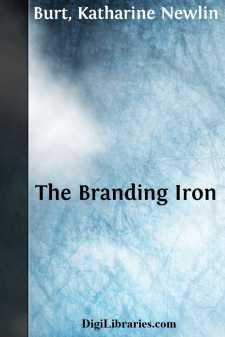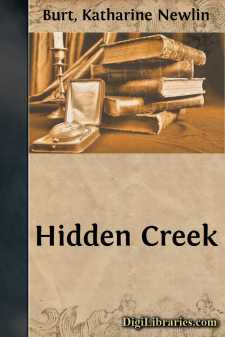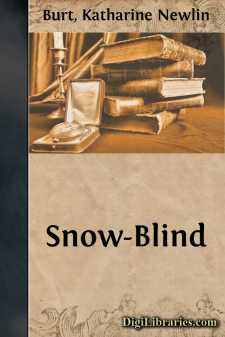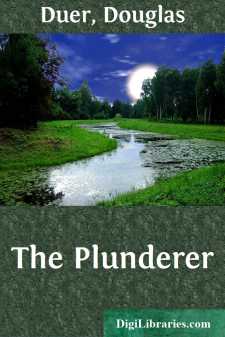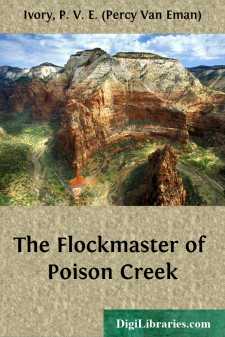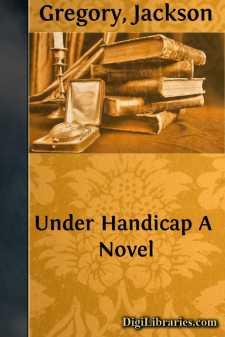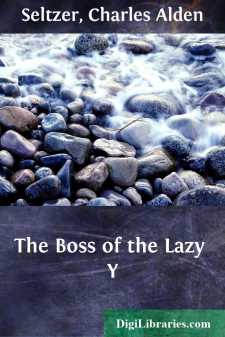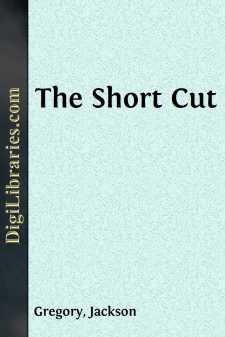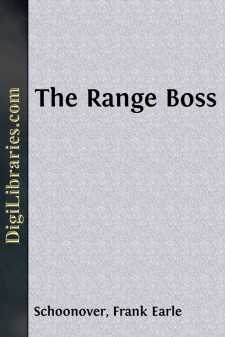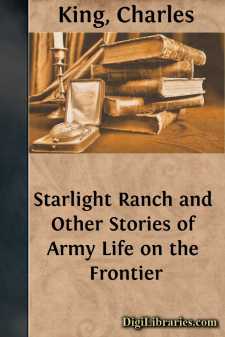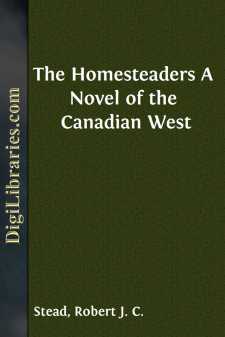Categories
- Antiques & Collectibles 13
- Architecture 36
- Art 48
- Bibles 22
- Biography & Autobiography 813
- Body, Mind & Spirit 142
- Business & Economics 28
- Children's Books 17
- Children's Fiction 14
- Computers 4
- Cooking 94
- Crafts & Hobbies 4
- Drama 346
- Education 46
- Family & Relationships 57
- Fiction 11829
- Games 19
- Gardening 17
- Health & Fitness 34
- History 1377
- House & Home 1
- Humor 147
- Juvenile Fiction 1873
- Juvenile Nonfiction 202
- Language Arts & Disciplines 88
- Law 16
- Literary Collections 686
- Literary Criticism 179
- Mathematics 13
- Medical 41
- Music 40
- Nature 179
- Non-Classifiable 1768
- Performing Arts 7
- Periodicals 1453
- Philosophy 64
- Photography 2
- Poetry 896
- Political Science 203
- Psychology 42
- Reference 154
- Religion 513
- Science 126
- Self-Help 84
- Social Science 81
- Sports & Recreation 34
- Study Aids 3
- Technology & Engineering 59
- Transportation 23
- Travel 463
- True Crime 29
The Branding Iron
Description:
Excerpt
JOAN READS BY FIRELIGHT
There is no silence so fearful, so breathless, so searching as the night silence of a wild country buried five feet deep in snow. For thirty miles or so, north, south, east, and west of the small, half-smothered speck of gold in Pierre Landis’s cabin window, there lay, on a certain December night, this silence, bathed in moonlight. The cold was intense: below the bench where Pierre’s homestead lay, there rose from the twisted, rapid river, a cloud of steam, above which the hoar-frosted tops of cottonwood trees were perfectly distinct, trunk, branch, and twig, against a sky the color of iris petals. The stars flared brilliantly, hardly dimmed by the full moon, and over the vast surface of the snow minute crystals kept up a steady shining of their own. The range of sharp, wind-scraped mountains, uplifted fourteen thousand feet, rode across the country, northeast, southwest, dazzling in white armor, spears up to the sky, a sight, seen suddenly, to take the breath, like the crashing march of archangels militant.
In the center of this ring of silent crystal, Pierre Landis’s logs shut in a little square of warm and ruddy human darkness. Joan, his wife, made the heart of this defiant space—Joan, the one mind living in this ghostly area of night. She had put out the lamp, for Pierre, starting townward two days before, had warned her with a certain threatening sharpness not to waste oil, and she lay on the hearth, her rough head almost in the ashes, reading a book by the unsteady light of the flames. She followed the printed lines with a strong, dark forefinger and her lips framed the words with slow, whispering motions. It was a long, strong woman’s body stretched there across the floor, heavily if not sluggishly built, dressed rudely in warm stuffs and clumsy boots, and it was a heavy face, too, unlit from within, but built on lines of perfect animal beauty. The head and throat had the massive look of a marble fragment stained to one even tone and dug up from Attic earth. And she was reading thus heavily and slowly, by firelight in the midst of this tremendous Northern night, Keats’s version of Boccaccio’s “Tale of Isabella and the Pot of Basil.”
The story for some reason interested her. She felt that she could understand the love of young Lorenzo and of Isabella, the hatred of those two brothers and Isabella’s horrible tenderness for that young murdered head. There were even things in her own life that she compared with these; in fact, at every phrase, she stopped, and, staring ahead, crudely and ignorantly visualized, after her own experience, what she had just read; and, in doing so, she pictured her own life.
Her love and Pierre’s—her life before Pierre came—to put herself in Isabella’s place, she felt back to the days before her love, when she had lived in a desolation of bleak poverty, up and away along Lone River in her father’s shack. This log house of Pierre’s was a castle by contrast. John Carver and his daughter had shared one room between them; Joan’s bed curtained off with gunny-sacking in a corner....


